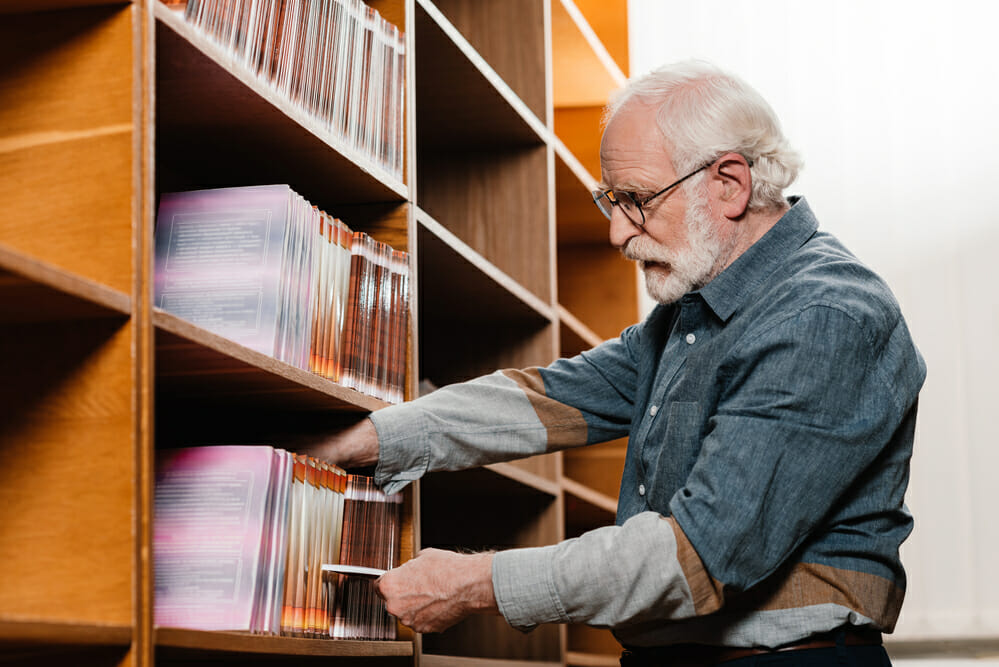
{Read in 7 Minutes} As a Trust and Estates Attorney, I routinely handle the probate of Estates after New Yorkers die. This usually involves the Executor nominated in the Will producing the original Will to the Surrogate’s Court and asking the Courts to admit it to probate. If the Court probates the Will, the Court makes findings that:
•the deceased had testamentary capacity;
•the deceased signed the Will properly;
•the signature on the Will is actually the deceased’s;
•the Will is not the product of fraud or undue influence by any third party.
Normally, probate is a very quick and efficient process in New York State. This all goes very smoothly provided that the nominated Executor is able to produce the original Will. As I mentioned in a prior article, being able to deliver the original Will to the Surrogate’s Court is exceedingly important. There is nothing more frustrating to a nominated Executor than when they have a photocopy of the Will and cannot locate the original. Usually, I have a conversation with this prospective client about where the most fruitful places might be to search for the original Will. Here are some ideas that apply to a broad range of people:
1. Search Among the Person’s Belongings.
One of the first things the Executor should do is search the deceased’s belongings to try to find the original Will. Look in places where a person might keep important documents. This would include filing cabinets, home safes, pendaflexes, and filing folders with important documents located in both the person’s home and their place of employment.
If the person searching for the Will has access to these places that’s great. If the person doesn’t have access to the deceased’s residence this can be problematic, particularly if the person died at home and the police sealed the apartment with police tape. It’s also possible that the deceased had a safe deposit box at a local bank, and the nominated Executor doesn’t have the keys. http://ww2.nycourts.gov/forms/surrogates/index.shtml
In either of these circumstances — as I mentioned in the article linked earlier — there is a simple fix. If you have a photocopy of the Will, you can get a quick Order from the Surrogate’s Court for permission to search a residence or open a safe deposit box to search for a Will. It doesn’t even matter if you don’t have the keys. You can consult an attorney about this or you can visit the Court’s website where they have the fill-in-the-blank forms available.
2. Ask the Attorney Who Drafted It.
While New York law does not require a person to use an attorney to sign a Will, I find that the vast majority of people hire an attorney to draft their Wills. It’s a very important thing and a lot rides on the effectiveness of the documents. The nominated Executor would be well-served to contact that attorney to find out if they kept the original Will as a good portion of clients choose to leave their original Will with the attorney who drafted it.
The attorney’s name is likely somewhere on the document. Check the last page of the Will which often indicates the attorney who supervised the execution of the Will. If it has the attorney’s name but not their number, try doing a Google search to find their contact information or the firm with which they are affiliated. Another helpful resource is the online directory of New York Attorneys that the Office of Court Administration maintains for all attorneys licensed to practice law in New York State. The Attorney may have the original Will, or the attorney may have kept some notes about what the client did with the original Will after signing it.
3. If all else fails, ask everybody you know with a pulse!
If numbers 1 and 2 fail, you need to start “rolling the dice.” Start asking people if they knew whether the deceased had a Will. Ask the usual suspects:
•their attorneys (other than the attorney who drafted the Will),
•their accountants,
•their financial planner, and
•the named beneficiaries — the deceased may have shared a copy of the Will with them or they may have an idea where the original Will may be.
If you are a nominated Executor and you’re consulting with an attorney, ask the attorney if they can put out a request on an attorney listserv. For example, I am a member of several bar associations all of which maintain listservs for Trusts and Estates attorneys. It is not uncommon to see several posts a week there for attorneys searching for any information concerning the Last Will and Testament of a particular person. While it may be a long shot, every now and then it works out.
As you can see, being an Executor involves a lot of different things, including doing a good amount of detective work. While normally this happens after the Surrogate’s Court gives Letters Testamentary to the Executor, sometimes there needs to be a good amount of searching and investigation just to find the Will and get the process started. Even if you are unsuccessful in finding the original Will if you can find evidence that the deceased was not the last person known to be in possession of the original (for example, they left it with an Attorney, the Will was lost in a fire, or flood, they gave it to another person who lost the original, etc.) there is a possibility you might be able to have the Court probate a photocopy. Speak to an attorney about this option.
For more information on this topic, please contact me.

